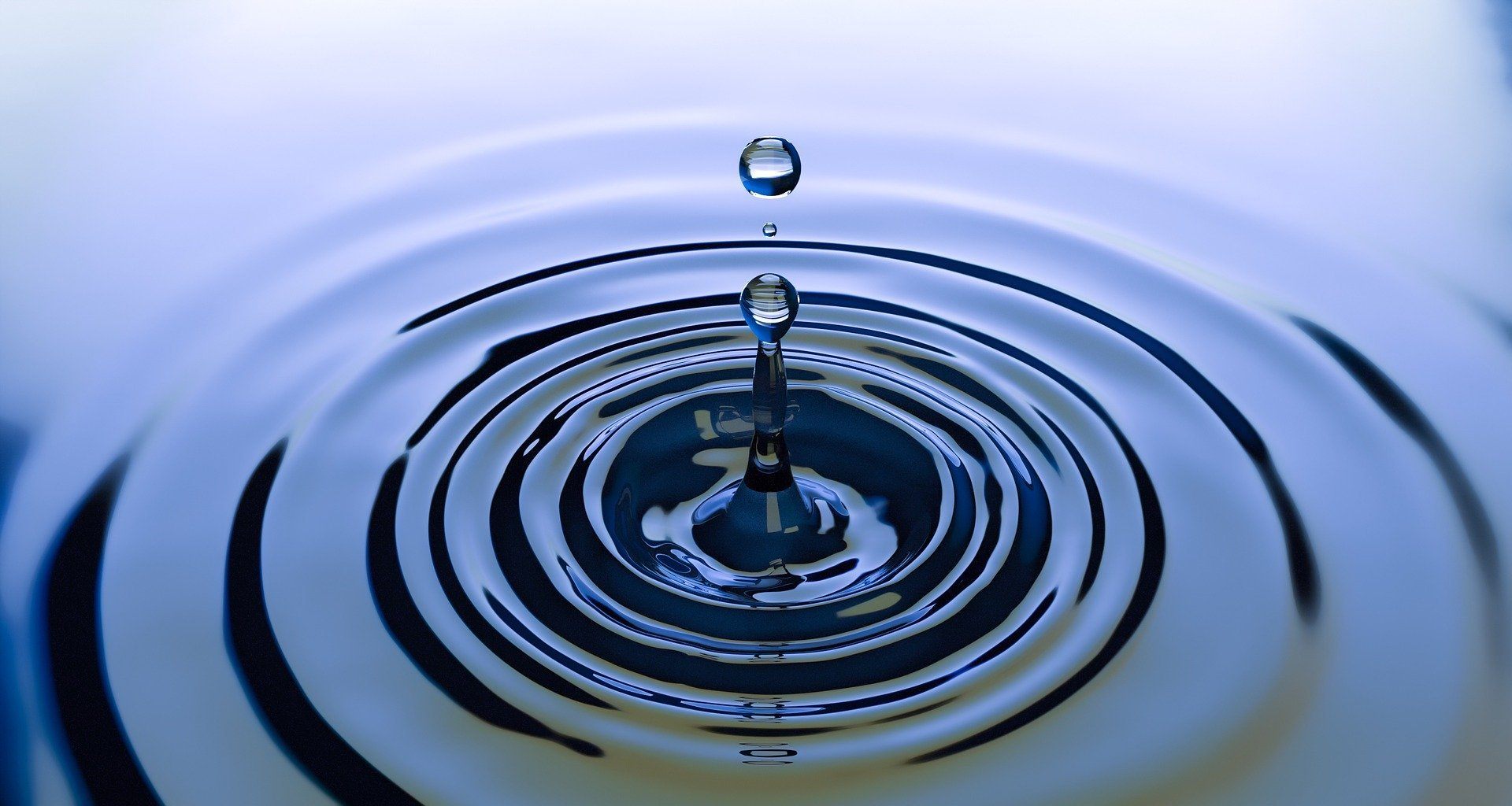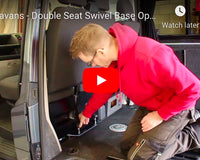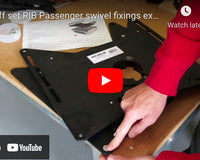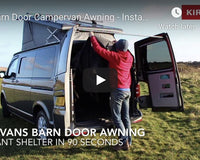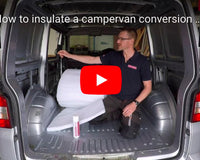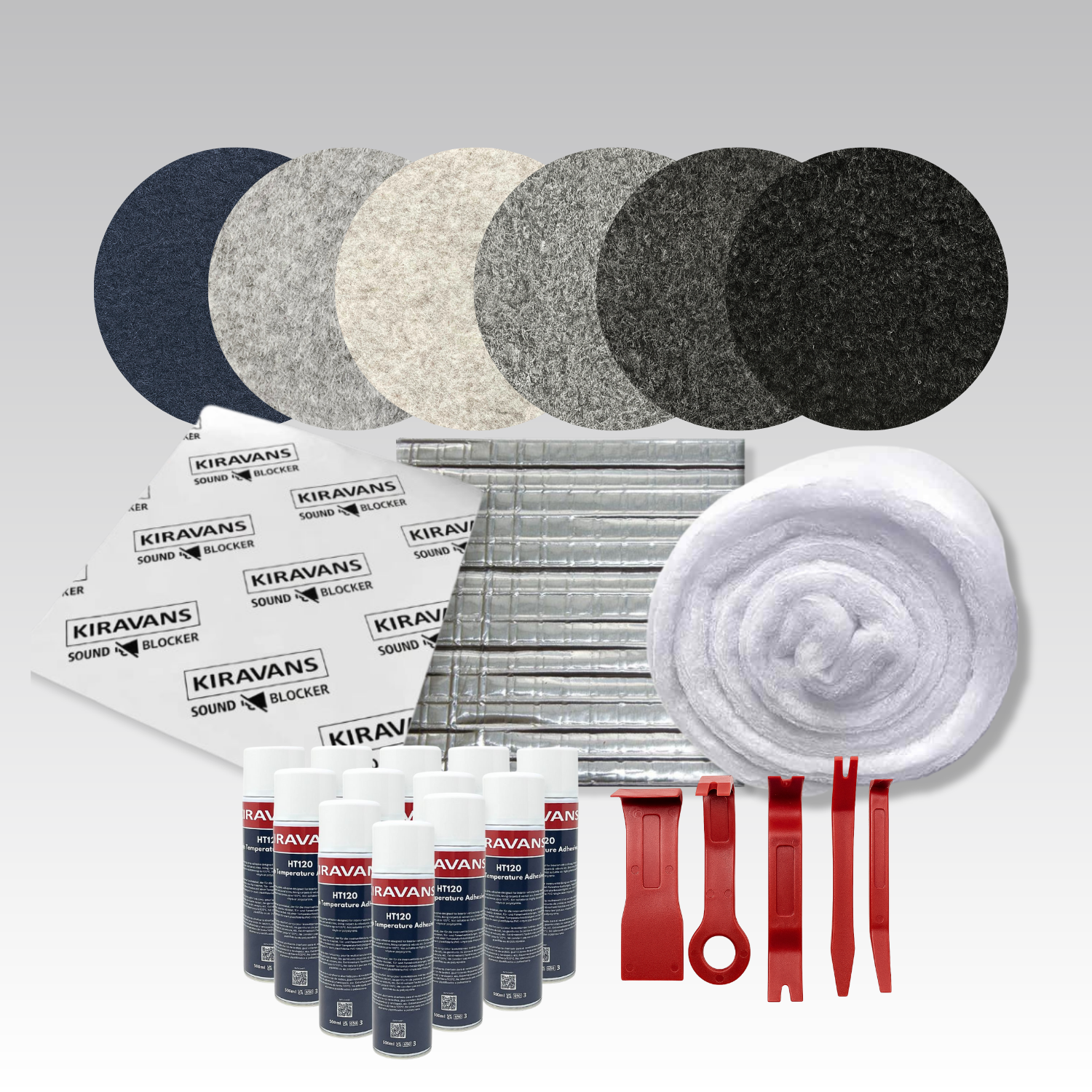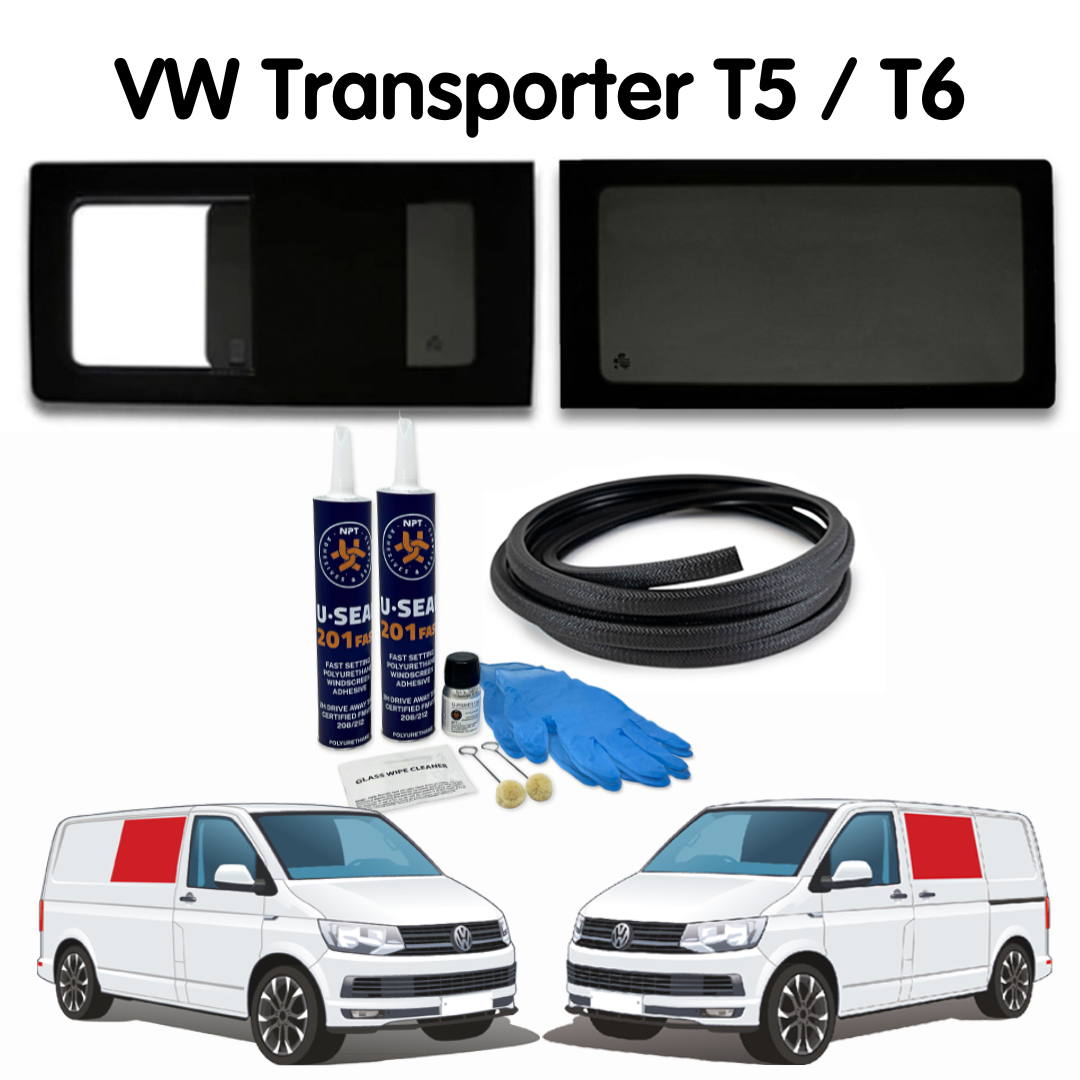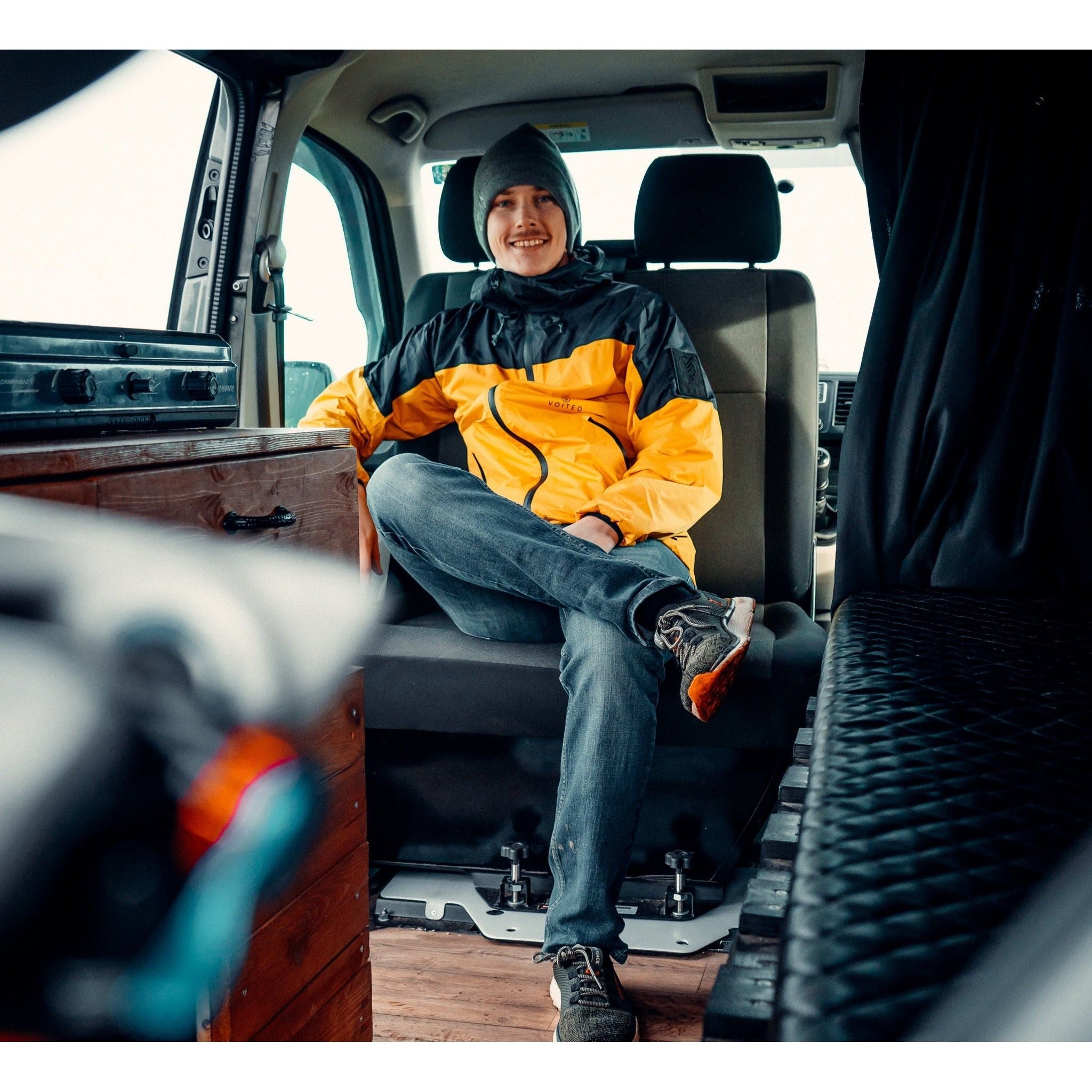Finally, it’s the beginning of Spring...hip hip hooray...and you’ll be thinking about all the campervan adventures that lay ahead of you this year. It can take a bit of time to get your campervan conversion in ship shape after not being used very much, or if at all, during the cold Winter months, so there’s no better time to start preparing your campervan for the better weather.
It can take a good few hours to check that your campervan is in good working order and give it a proper spring clean, so it’s always ideal to put a day aside to do this. It will be a good job done so that your van will be road trip ready at the drop of the hat anytime you want.
If your camper has been standing empty it can get very dusty inside so this is the best place to start...open all the windows and get some good ventilation going. Secondly, grab a duster and give all the surfaces, windows, mirrors, inside of cupboards and additional storage areas a really good dust. If you have campervan carpet or vinyl or laminate flooring then you’ll either need to brush, hoover or give the floor a good mop too. If you can, try to leave the doors and windows open for a bit longer after dusting to ensure that all dust in the air leaves the vehicle.
Here’s our Kiravans campervan spring cleaning check-list..all you need to do is treat it like a home away from home:

Kitchen & Storage
If you have a campervan kitchen installed then this is a really good place to start as it can be a messy job to do. First of all it’s a good job done to check the functionality of your appliances to ensure that they still work as you would expect and that any doors open and close as they should. Fire up the burners and let them run for a few minutes. Then, once your oven and hob has cooled down you can begin the clean. For your hob, sink, kitchen units and cupboards, you’ll just need some antibacterial spray and glass cleaner. For the oven / mini grill an oven cleaner might be necessary to get rid of tough food stains and a build-up of grease. Cleaning products combined with some good old fashioned elbow grease on your appliances and kitchen surfaces, will have your kitchen gleaming in no time. Of course a kettle of old fashioned boiling water makes life easier…. And always useful to have a cup of tea on hand.
Internal water tanks tend to get a bit horrible over Winter. Give them a good wash out with hot soapy water. Most camper tanks have a wide opening so you can get your hand (and sponge) right inside. Perfectionists might even use some baby-bottle-sanitiser for a final clean.
Water pipes likewise are worth inspecting. If they have mould inside it really is best to replace them. Or, if that’s too much effort, again flush with hot soapy water and rinse with something like Milton sanitiser.

Check your taps
Freezing winter temperatures can easily break the ceramic fittings in camper taps. If they leak this will be the reason. Sadly they are not fixable… its a replacement job.
Fridge
If you have a campervan fridge installed then the likelihood is you will have unplugged this and left the door open when your van has not been in use over the Winter months….this is the correct thing to do! Again, check the door opens and closes securely, then you’ll need some hot soapy water and a good wash down inside. You can even finish it off with a quick antibacterial spray and bob's your uncle, just plug it in and your fridge will be ready to chill food and drinks in no time.
Upholstery
The likelihood is that you will only need to give the fabric a gentle brush and hoover away the dust and any bits that have gathered. A vacuum with a brush nozzle attachment is just the job to help you with picking up dust and particles from your seats and campervan curtains. But whatever it is you need to do, we always advise that you check the labels on your upholstery products before you clean. Generally, in a camper, you’ll want to give your upholstery either a gentle spot clean with a little water and soap to remove any subtle marks, or maybe consider a carpet or upholstery cleaner if the stain is more stubborn. Try to avoid using any coloured cloths or sponges on your upholstery to avoid the risk of colours running and make sure that any damp upholstery is dry before you lock up your van again to avoid it going mouldy! Following these tips will really help to freshen up your upholstery and get the fabric looking and feeling like new.
So, once you’re happy that you’ve cleaned the inside of your campervan to your satisfaction, tested your appliances and are happy that cupboard doors and windows are secure and opening and closing well…. now is the time to work your magic on the outside and to check the general maintenance and functionality of your van.

Cleaning your campervan
For most van owners, their campervan is their pride and joy so they’re usually a pretty good bunch for regularly cleaning the outside of their camper. It’s not often you see a dirty camper heading down the road! So make sure you’ve closed all the windows and doors, then you’ll need a good hose, a soft brush, soft sponge or mitt and some soapy water to get your camper glistening. Oh, and if it’s safe for you to do so, don't forget about the rooftop...it can get very dusty up there!
Remember, if you have a solar panel, the accumulation of dirt that happens over winter will act like a pair of sunglasses and dramatically reduce the amount of light reaching your panels. Give them a good clean with a non abrasive sponge and hot water.
Tyres
As with any road worthy vehicle, it’s really important to check tyres for any type of damage and ensure the tyre pressure is as it should be. If the tyre pressure has dropped, then pump up if necessary. Look for any marks, cuts or bulges that have developed on each tyre from standing for too long. Also check the tread depth of each tyre, which should be at least 2mm across the entire width - this is actually the legal minimum so ideally your tyre should be changed before it hits this point.
Leisure battery
It’s very likely that your campervan leisure battery won’t have had much use over the Winter months so unless it has been hooked up to solar panels, it may now be flat. If this is the case, what you’ll need to do is disconnect the battery and charge it up as recommended. Once the battery is charged, it is also worth trying out a few campervan appliances to see if the voltage drops rapidly... if this happens it could be a sign that your battery needs replacing.
A word of warning - if your battery meter says the battery is fully charged.. It probably isn't. Prolonged lack of use will have degraded your battery. It might have 12 volts available but it most likely will not last long. At the start of the season it is well worth charging up yours with a mains powered battery charger. If you have the option of a ‘recondition’ setting on your charger - use it. Periodic reconditioning will extend the life of your battery dramatically.
Campervan lights and electrics
Next...check your lights and make sure they are all working as they should...inside and out. If any bulbs have gone you’ll need to replace them before you hit the road.
Campervan gas
If you have a campervan gas system you’ll appreciate how important this is to keep you warm and cosy and for hot water and cooking. Check that your gas bottle is full and ready to go...or if you’re running low then you’ll need to check that you have enough in your spare gas bottle. Just go change the ones that need it, and if you use LPG tanks, now is the time to get them filled up and ready for your next trip. It’s also really important to check the gas hoses and gas fittings that run from the tanks. Look for any splits or perished rubber as they may need replacing. Before you travel you may want to check your hob appliance again to ensure that it is working correctly. If your gas to air mixture is correct it will burn a blue flame, but if the flame has yellow ends, then it is very likely the gas to air mixture is incorrect and will need tweaking by a CORGI registered gas technician or your local campervan converter may be qualified to do this for you.
Cleaning your water tank
Depending on what sort of water tank you have, it’s always a good idea to free your tank from any limescale and nasty bugs that have developed whilst it has been sat empty or simply not in use. The easiest way to do this is to use a mild detergent such as citric or acetic acid. Just add either of these to your tank, fill it up with water and then leave it to work for a little while. A top tip is to drive around whilst the tank is soaking as it helps to slosh the water and solution around and get a really good clean. When it is time to empty the tap simply run your tap and empty the tank or water container until it’s drained. You may then want to fill it up with fresh water and drain it again to ensure that your drinking water will be lemon or vinegar free!
Heating systems
Diesel powered heaters may not have been used much in recent months - so the old diesel in your pipes can become very ‘dirty’. There's a good chance that when you start up the heater it will belch out some very black smoke as the old diesel burns off. This can be very embarrassing if it happens at a campsite, Our top tip is to run your heater every month for 10 minutes, but if you didn't do that then it's always worth firing it up on a motorway journey… that way the black smoke doesnt hang around your neighbours tents on that first nights camping. Within 5 or 10 minutes the old diesel will have been replaced by fresh new fuel and all will be good with the world.

Pop top roof tents
Can get a bit damp and foisty over winter. Wait for a nice dry warm day and pop your roof up, with the windows open. Let some fresh air through and your canvas will very quickly start to smell nice and fresh again. Older pop tops may well benefit from some re-proofing of the canvas. Spray-on reproofing is available in most camping shops.
Spring clean your engine
If you’ve recently had your campervan in for a service and MOT then there shouldn’t be too much work for you to do but we would always recommend that you check that all levels are topped up like water and oil. It’s also important to check your brake fluid...if your camper has been left standing for a long time it can congeal on the brakes. Finally, it’s always good to start the engine and leave it turning over for at least 5 mins to establish that the starter engine is working and to help charge your battery.
Ahhhhhhhhhh…..so that’s it….take a deep breath and relax! Now all you need to do is plan your next trip and make the most of your squeaky clean and adventure ready campervan!

